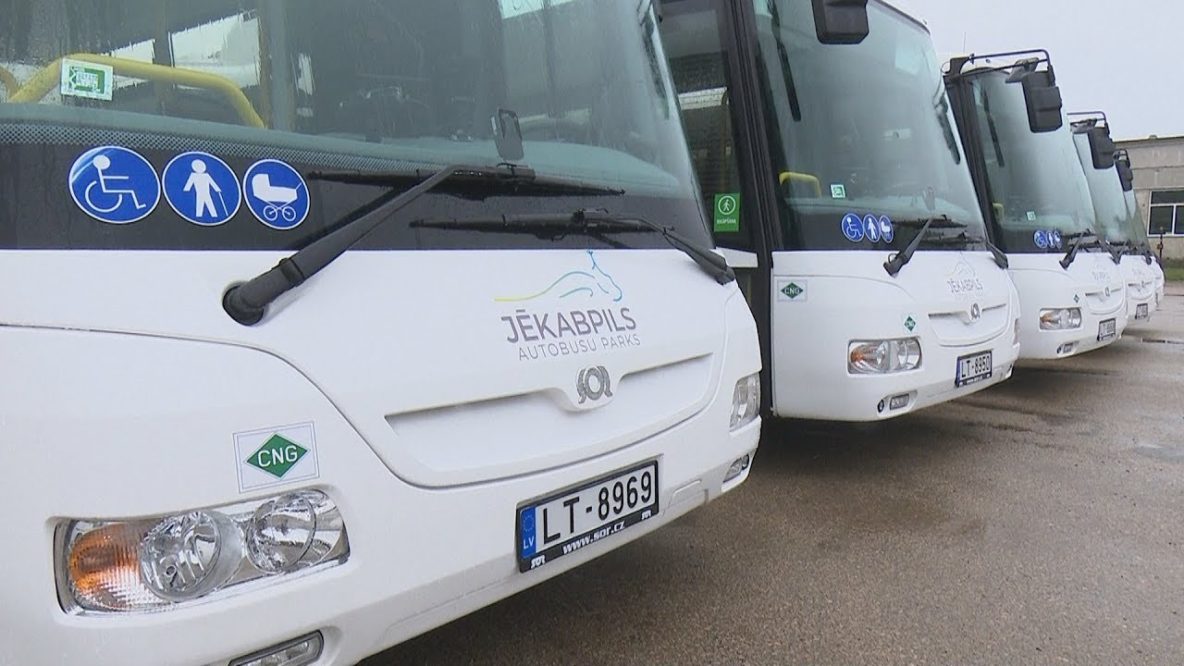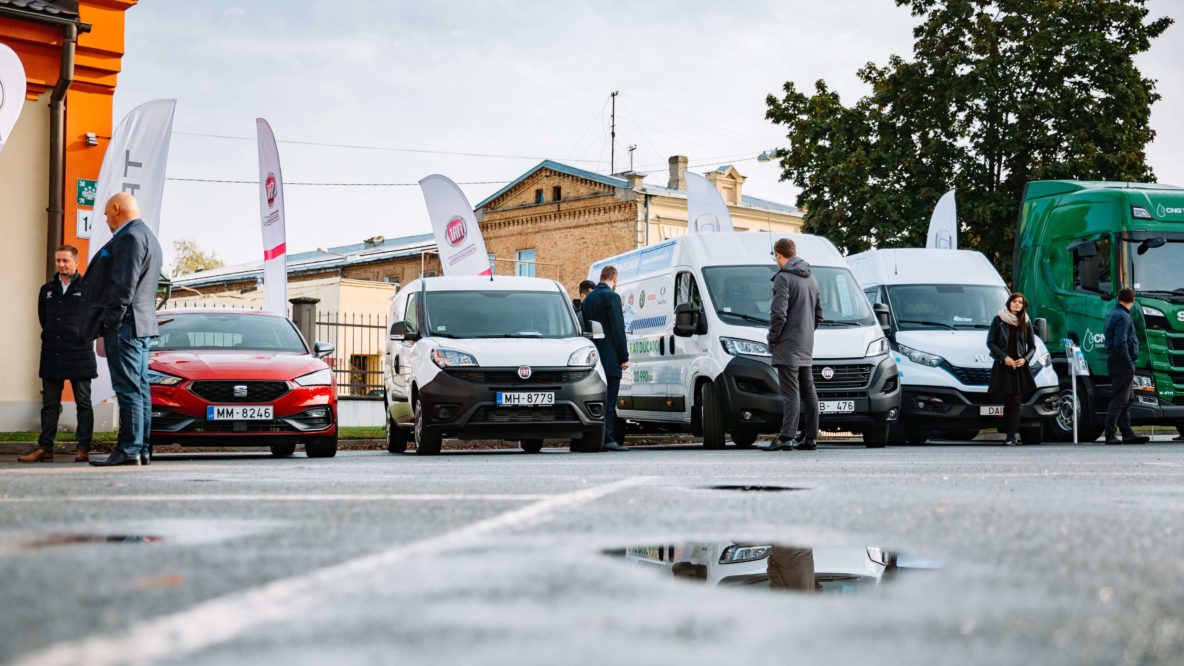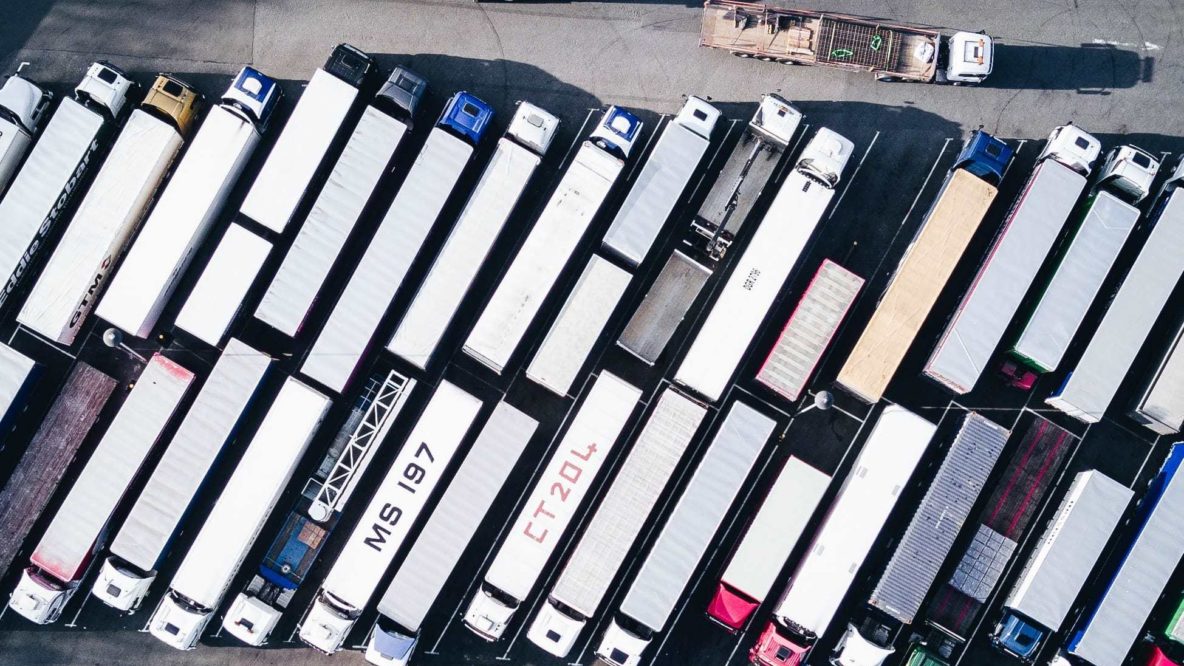The financial benefits for the company have turned out to be quite significant: the fuel costs have dropped some EUR 16,000 per bus annually, which is why there are plans to buy three more new buses next year, with the support of EU structural funds.
Companies that have started introducing vehicles that use compressed gas report that in practice, this fuel is about 30% cheaper than petrol or diesel; the reduced cost makes it possible to reduce fares for the end consumer, or maintain them at the current level.
Not long ago, ‘Eco Baltija vide’ began operating five new waste collection vehicles in Riga. The company’s chairman of the board Māris Simanovičs pointed out that the advantages of towing vehicles that use CNG include not only lower fuel costs and fewer emissions, but also a reduced level of noise. Vehicles that run on compressed natural gas produce some 20 to 25% less noise than those using other types of fuel.
Noise is a vital factor both for the drivers of these vehicles, who have to spend hours and hours at the wheel, and for the residents of the city who often complain about the noise produced by waste collection trucks at hours they see as inappropriate. Simanovičs also noted the fact that CNG vehicles create a more comfortable working environment for their drivers: for example, there is no smell of diesel fuel inside these vehicles. The company’s estimates show that these five new CNG vehicles will produce 95 tonnes of emission reductions every year. This is the same as the amount consumed by 50 hectares of forest, or produced by the power consumption of 16 households in one year.
The use of CNG has many advantages, and it will certainly become a major tool for achieving climate targets. CNG is not a transitional solution to be phased out in the future: it is a sustainable solution for greener road transportation.



